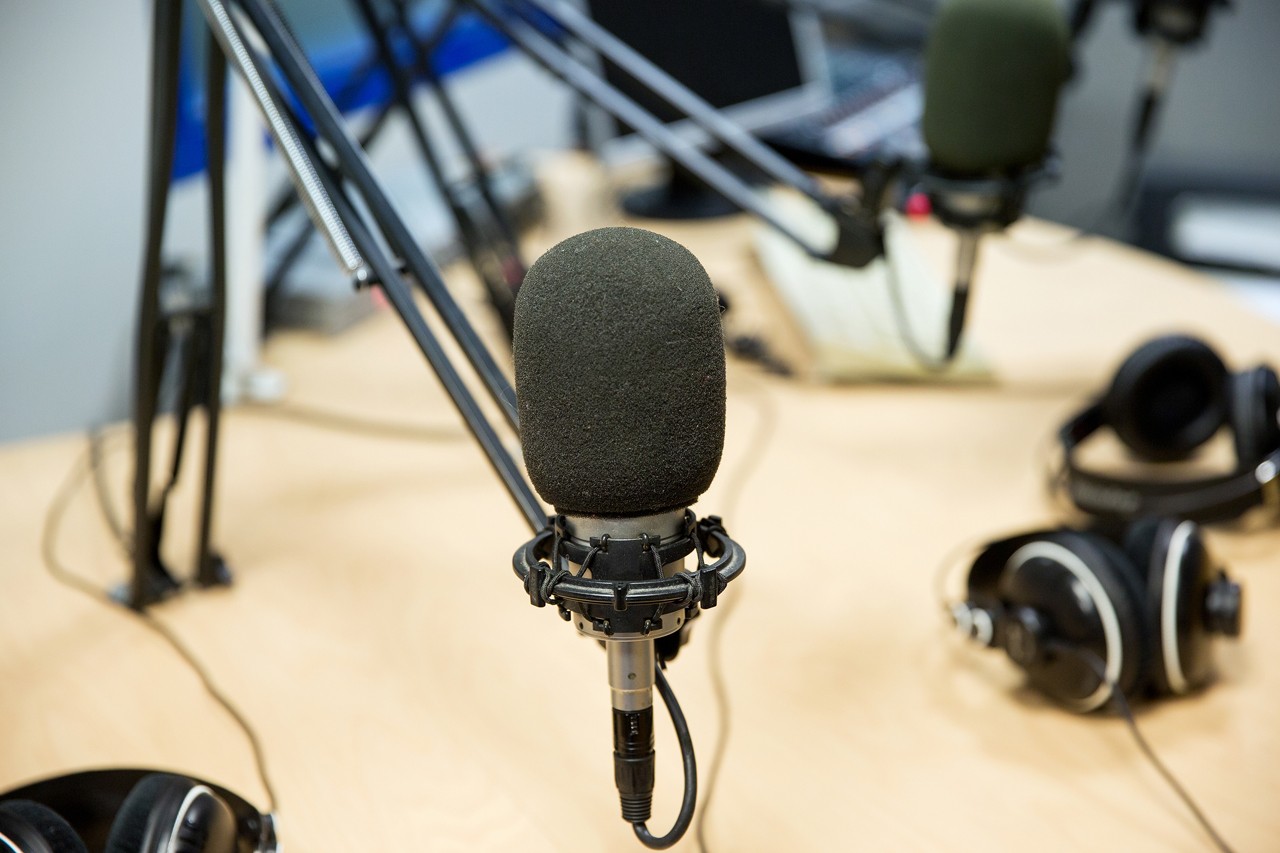Stick this list on your computer, fridge, forehead, or somewhere else where you won’t be able to miss it. It could save your name and/or your business!
DO:
- Be responsive. Answer the question or tell them why you’re not able to.
- Tell the truth without divulging confidential information.
- Speak in human terms.
- Be quotable. Keep the answers short and simple.
- Listen to the entire question before responding. Seek clarification if you need it.
- If the question contains false information or an incorrect assumption, tactfully correct the interviewer before proceeding with your answer.
- State the answer positively and constructively, regardless of the tone of the question.
- Your response should begin with a concise summary of your answer. Include the most important points and facts. Evidence and supporting material should follow, not precede, the point.
- Be prepared to follow your initial answer with specific support for your position, such as examples, facts and statistics.
- Use anecdotes, if appropriate to illustrate the points.
- If you do not know the answer, admit it and say you will get the answer either during the interview or as soon as possible thereafter.
- After the interviews, invite the reporters to call back to check facts or statistics.
DON’T:
- Speculate, or allow yourself to be drawn outside your area of expertise.
- Respond to inappropriately hypothetical questions.
- Say “no comment” without providing a brief explanation that is accurate and plausible about why you will not or cannot comment.
- Argue with the reporter or lose control. However, do not allow yourself to be hurried or bullied.
- Criticise the questions (which doesn’t mean failing to challenge questions).
- Say “That’s a good question” (reporters really hate that!).
- Introduce negatives to the interview.
- Respond sarcastically. A reporter may take you literally.
- Respond to second hand information or speculation.
- Evade or stall.
- Repeat an objectionable question.
- Allow body language or poor eye contact to give you the appearance of discomfort or evasion.
- Make a statement if you don’t want it quoted. Assume there is no such thing as off the record.
- Ask the reporter or interviewer to send you a first draft copy of their story.
And some final tips on landing that interview and dealing with journalists:
DO:
- Be polite to journalists.
- Call journalists in the morning – all news outlets run to a deadline, and by the end of the day, the next day’s stories are generally locked in.
- Make sure you follow through on promises to journalists.
- Respect deadlines and honour promises that you might make such as embargoes and exclusivity.
- Sign up as a source on SourceBottle.com You’ll get a daily email with information on journalists looking for sources – when you find one that’s relevant, you can reply with your information and pitch yourself as a source.
DON’T
- Make demands that a journalist should run your story.
- Ask to see the final story before it’s printed/aired. The journalist or their editor generally have the final say on what is published, and asking to see it can offend them or be seen as an attempt to influence independent and unbiased reporting.
- Assume that anything you say will be off the record – don’t say anything to a journalist that you wouldn’t want to see printed.
- Call journalists to check if they got your email, or keep calling them when they say they’re not interested.
About the author

Phoebe Netto is the founder of Pure Public Relations, a PR firm that focuses on outcomes, not output – it’s pure and simple. For over ten years, Pure Public Relations has been bringing big business experience to SMEs and not-for-profits. purepublicrelations.com.au



this is a lovely piece.
thatlnk you.
Very nicely done and good information!